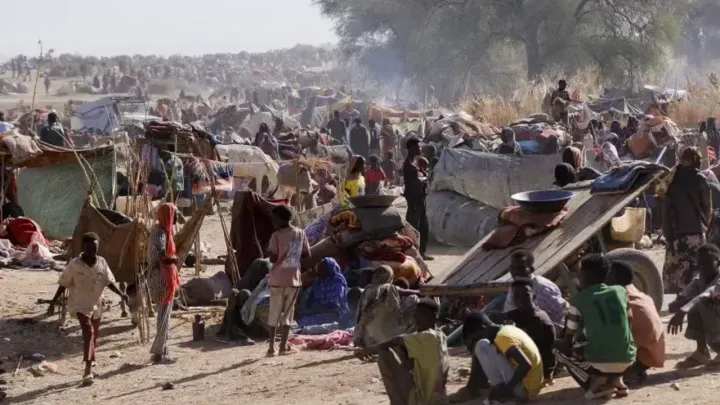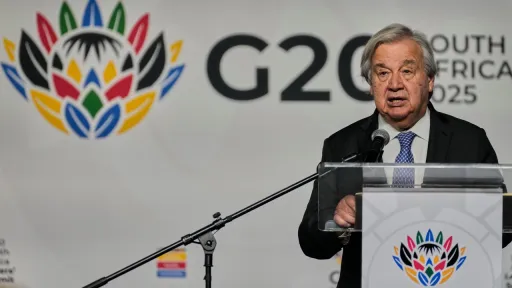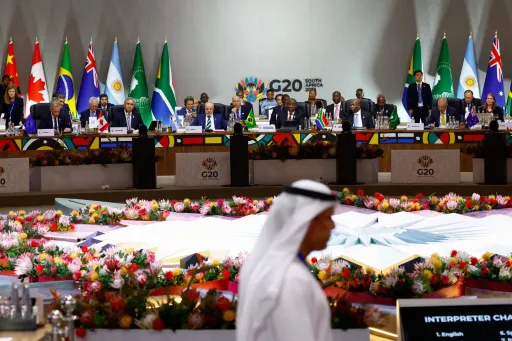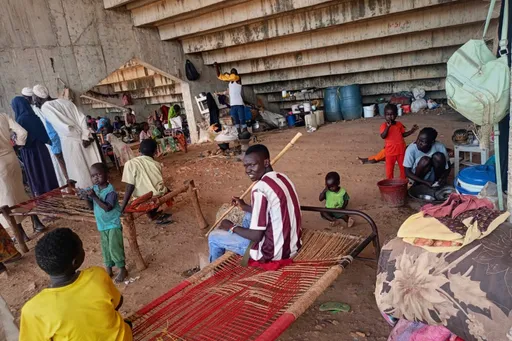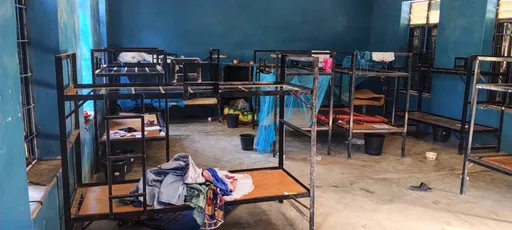By Coletta Wanjohi
Kenya hosts the inaugural Africa Climate Summit which is pushing for concrete measures to tackle climate change.
Climate crises have left large sections of the continent reeling under famine and radical weather changes.
The summit is taking place in the capital Nairobi between September 4 and 6.
The host president, William Ruto, said “green growth” presents “a fountain of multi-billion-dollar economic opportunities for Africa and the world.”
He asked visiting heads of state and government to help their respective countries to capitalise on the “opportunities.”
Climate finance
“We must ensure that climate finance is more available, affordable and accessible to all developing countries, including those in Africa,” he said in his call-to-action.
A report by Oxfam International says at least 31 million people in Kenya, Somalia, Ethiopia and South Sudan are suffering from severe hunger.
This has been caused by a two-year drought and flooding during the rainy season.
At least 13 million animals have died as a result of the recent widespread drought in the Eastern Africa region.
Cyclones, flooding and earthquakes are the effects of climate change in other parts of Africa.
Decisive action
In Nairobi, calls for decisive action on climate change dominated speeches at the Africa Climate Summit on Monday.
Climate finance, mitigation and green growth; climate adaptation and resilience; loss and damage; climate-vulnerable groups, and research innovation and technology are the key agenda areas that the summit seeks to address.
The UN estimates that Africa could spend up to 5% of its annual Gross Domestic Product in addressing climate crisis by 2030.
Africa receives $11.4 billion in adaptation financing annually, which is way lower than what is needed for climate change mitigation.
The African Group of Negotiators on Climate Change estimates that “Africa will require between US$65 billion and US$86.5 billion annually for adaptation alone up to 2030.”
Anti-fossil fuel protests
Amid calls for action, marches were held in Nairobi to call for the eradication of fossil fuel, which has largely been blamed for environmental pollution and climate change.
Some of the placards had the captions “No fossil fuels”, “Say no to Pollution” and “Less Talk More Action for Climate”.
If no urgent action is taken, a warmer planet could severely affect Africa and its people.


